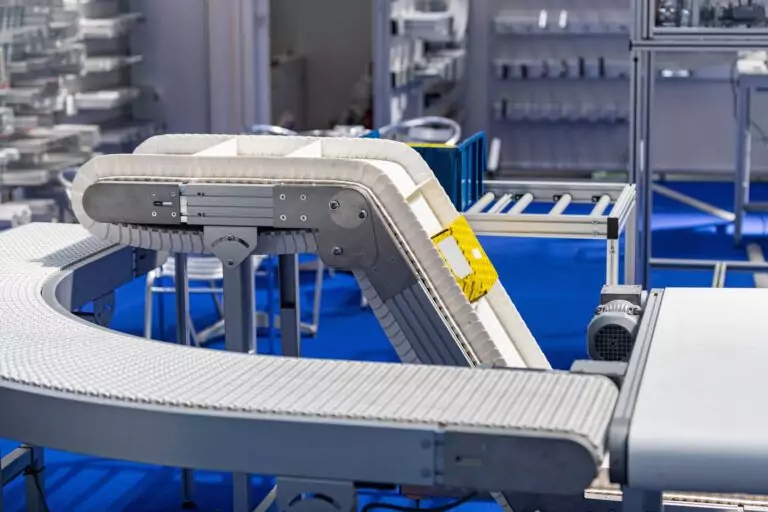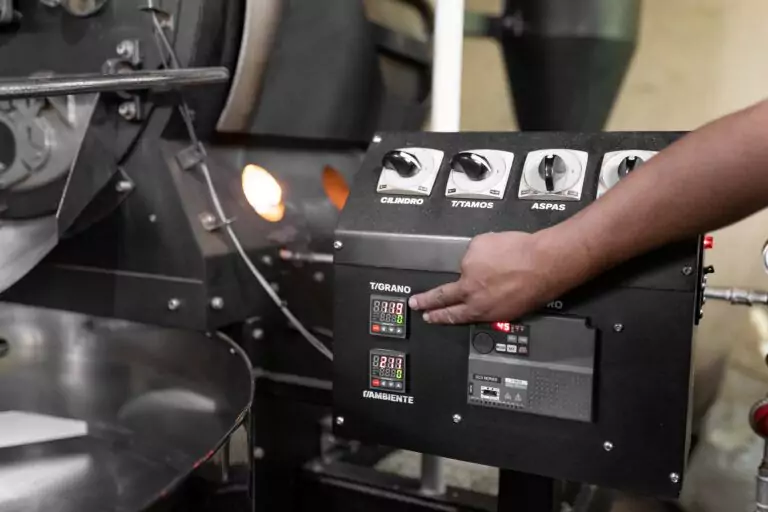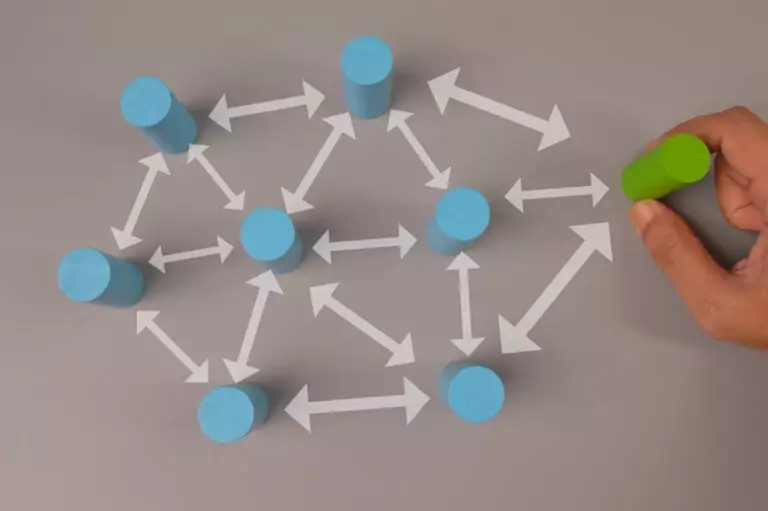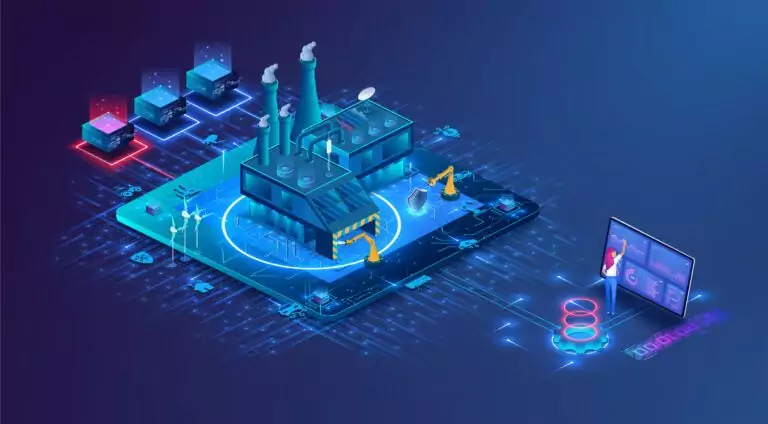Successful professional engineers require a combination of different engineering skills and competencies. It’s not just about going to studying a particular discipline at university. In addition to high-quality engineering work, potential employers consider a variety of factors:
- Attention to detail
- Interpersonal skills
- Problem-solving abilities
- Communication skills
- Critical thinking
- Innovation and creativity

Physics and Mathematics
Engineers are technical people who understand ways of finding a problem and creating a solution for it. To see a problem and find a solution, there must be a means to model or represent it. Technical skills are required.
Physics and mathematics allow the world and everything within it to be observed and analyzed both qualitatively and quantitatively.
Drafting
Drafting is one of the most effective ways of communicating engineering designs, plans, and specifications. It follows globally accepted engineering practices and allows important details in the drawing to be understood clearly by other engineers.
While engineering drawings can be done by hand, modern engineering firms use computer-aided drafting (CAD) software. This skill plays an important role in creating a variety of engineering documents.
- General assembly drawings
- Construction drawings
- Material takeoffs (MTOs) and estimates
- Electrical layouts
- Instrumentation loop diagrams
- Process flow diagrams (PFDs)
- Piping and instrumentation diagrams (P&IDs)
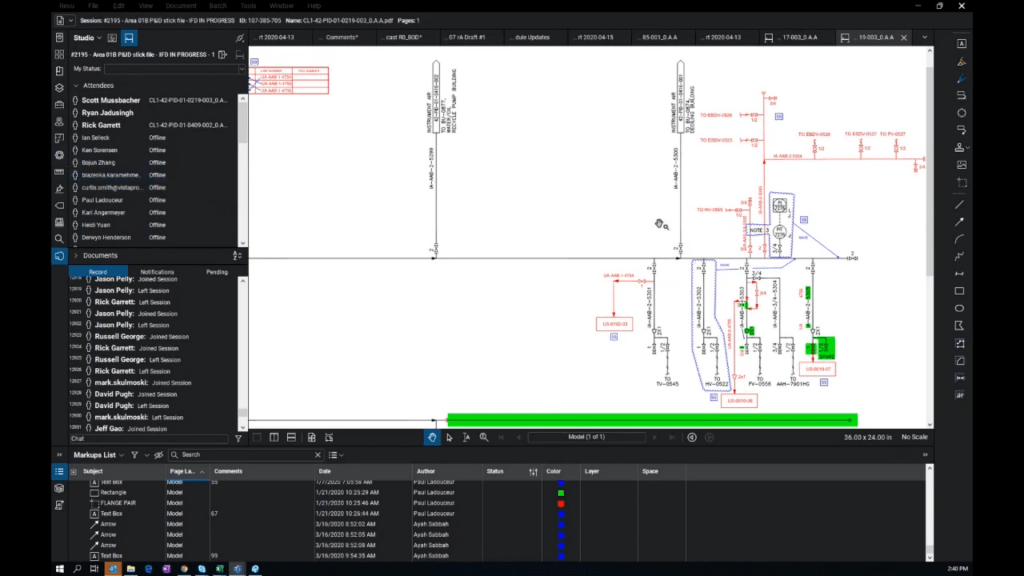
Project Management
This is a necessary component of any engineering project. This oversees the sequence of steps that are conceptualized, defined, planned, and executed to solve a given problem. Project management mostly revolves around optimizing resources such as manpower, capital, and time. The evolution of project execution tools has enabled modern cost-saving strategies.
This competency ensures that the design is met with utmost quality while following the planned budget and cost. Each aspect is properly documented and communicated to stakeholders.
Engineering Economics
This is useful in the preliminary stages of a project where the most critical decisions are made. Conclusions made in this phase dictate the cost of the project.
Engineering economics focuses on the feasibility and profitability of a proposed solution. It considers its required capital, incurred savings, maintenance, and operating costs.
Quality Management
A good understanding of quality management ensures that products and services are delivered free from deficiencies and errors. It further enhances customer satisfaction. Quality management builds brand integrity which leads to better marketing opportunities.
Quality management promotes leadership, evidence-based decision-making, continuous improvement, organization of resources, and clear documentation.
Engineering Ethics
Ethics governs engineers to make morally responsible decisions. It sets guiding principles for tackling issues that may conflict with the interest of the general public. Professional engineering practice gives paramount importance to the health, safety, and welfare of people and the environment.
Data Analysis
Data analysis involves collecting, organizing, processing, and modeling data. It aims to find meaning from a large mass of information. This skill has a huge potential for adding value to any process or business operation.
A scientific approach in dissecting data leads to smarter and more informed decisions. Some of the benefits of data analysis are efficient operations, greater marketing reach, and higher customer satisfaction.
Process Control
Process control overlaps instrumentation and control engineering and chemical engineering. The understanding of process control is key for engineers tasked to work on monitoring and controlling process parameters. It involves knowledge of control architectures, sensors, and actuators.
Safety management is also a part of process control. Most aspects of process control ensure process hazards are identified and addressed with the appropriate safeguards. Examples of these safeguards are,
- Safety Instrument Systems (SIS)
- Emergency Shutdown Systems (ESD)
- Fire and Gas Systems
- High Integrity Pressure Protection Systems (HIPPS)
Risk Assessment
Conducting a proper risk assessment is one of the critical steps a services company would take in planning any engineering project or operation. It identifies and evaluates potential threats and hazards. Risk assessment is conducted through various techniques.
- Hazard and Operability Study (HAZOP)
- Hazard Identification Study (HAZID)
- Pre Startup Safety Review (PSSR)
- Failure Mode and Effect Analysis (FMEA)
- Failure Tree Analysis (FTA)
- Layers of Protection Analysis (LOPA)
A good risk assessment plan is comprehensive. Hazards are evaluated both qualitatively and quantitatively. This not only assesses the risk level of a threat, but also provides effective, achievable, and cost-efficient solutions.
Programming
Programming is the design, analysis, and creation of computer instructions. It allows engineers to communicate with machines through the use of programming languages. Common programming languages that engineers use are C, C++, Java, and MATLAB.
Programming is not only necessary in the information and communications technology sector, but in the industrial and manufacturing field as well. It is regarded as one of the most fundamental skills for developing instrumentation and control systems.
Computer-Aided Engineering (CAE)
This covers finite element analysis (FEA), computational fluid dynamics (CFD), and multibody dynamics (MBD) to name a few. Knowledge of CAE enables engineers to use computer software to perform engineering analyses that are tedious to be done manually.
Through CAE, an object can be modeled in a virtual environment where it is subjected to conditions representing an actual application. The best configuration can be determined easily through fast design iterations.
Computer-Aided Manufacturing (CAM)
CAM is a specific type of programming. It enables engineers to control machine tools and equipment to perform fabrication, manufacturing, and various other tasks.
The introduction of computer numerical control or CNC machines allowed the operations of manufacturing plants to be partially or fully automated. Mass production became cheaper and faster while maintaining or even improving the quality of the product.
Engineering Skills & Competencies Make a Great Engineer
This article covered only some of the basic knowledge and skills required of a professional engineer.
There is always more to learn and apply, especially in the evolving digital execution in different industries. Ultimately, all of these attributes have the objective of achieving quality, efficiency, and development.
Multi-Discipline Engineering Services
Vista Projects is an integrated engineering services firm able to assist with your mechanical engineering requirements. With offices in Calgary, Alberta, and Houston, Texas, we help clients with customized system integration and engineering consulting across all core disciplines.
Civil Structural
Electrical
Instrumentation & Controls
Mechanical
Piping
Process
